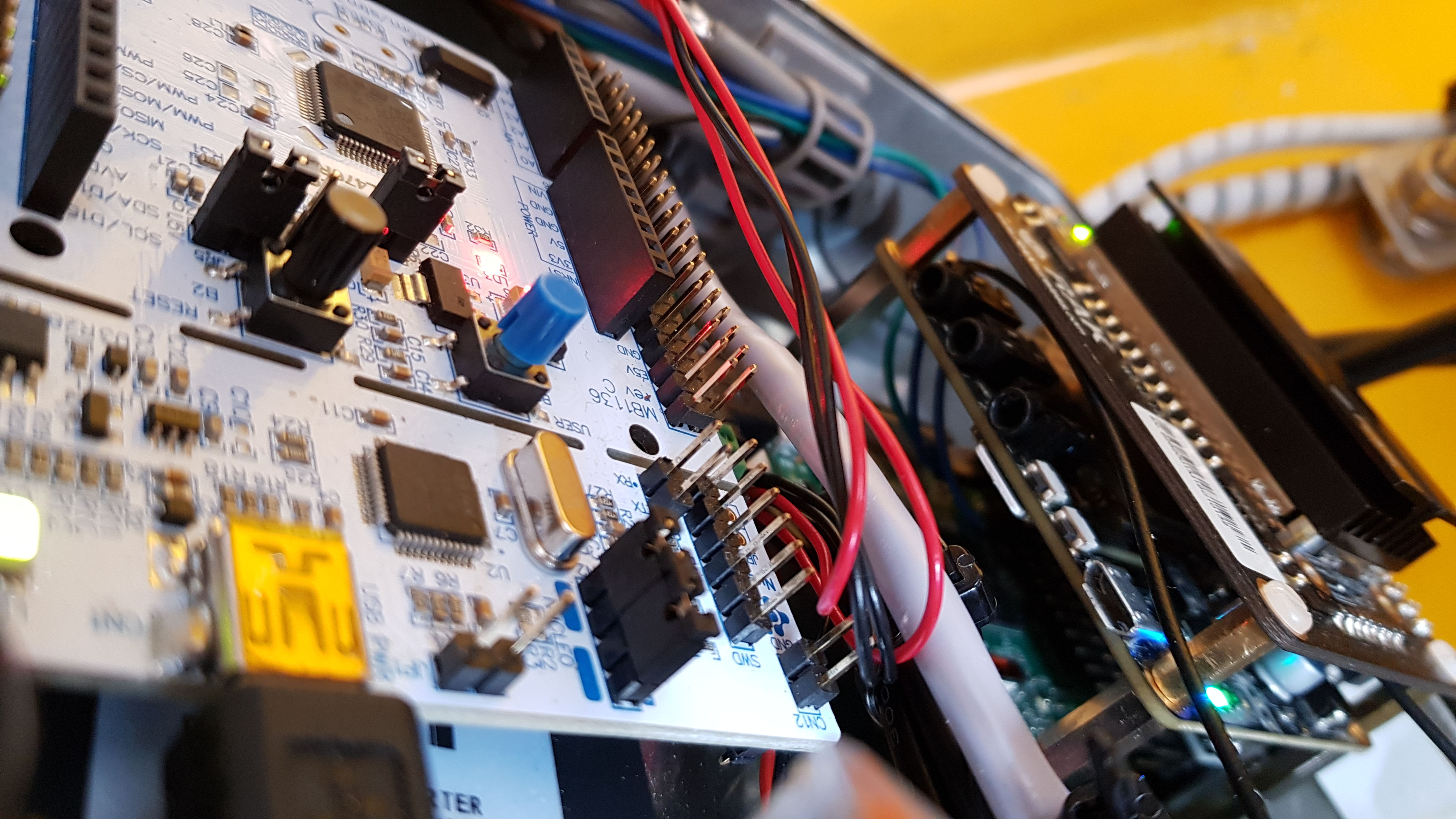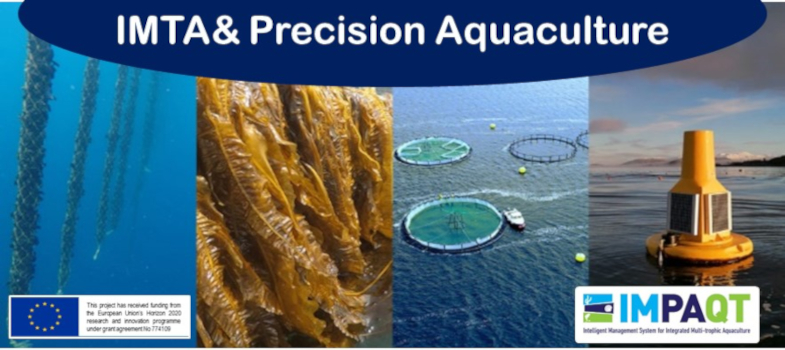Precision Aquaculture
Precision Aquaculture
In aquaculture, water quality monitoring and prediction plays an important role in modern fish farming management, which used sensory data to analyse the water conditions. Precision aquaculture is a relatively new field that allows farmers to have better control over aquaculture processes, facilitating decision-making and improving efficiency.
The growing expansion of aquaculture has led to challenges including concerns over environmental degradation, disease and parasite outbreaks, and the need to efficiently manage resources to maximize productivity. These factors are pushing farms toward more efficient management practices aimed at the sustainable intensification of the industry. At the same time, innovative technologies are making the collection, processing, and analysis of large volumes of heterogeneous data possible. Taken together, these two factors are empowering a precision aquaculture framework that combines sensors, cloud, and analytics to enable real-time, evidence-based decision-making to optimize operations.
Precision aquaculture is to apply control-engineering principles to the production, to direct farmers to better monitoring, control, and documentation of biological processes in fish farms. Further, the distributed nature of the industry, composed of a large number of small-scale aquaculture companies and sensor providers, poses challenges related to the integration of diverse datasets.

The basic requirements of precision aquaculture are:
- Continuous monitoring of animal variables (i.e., parameters related to the behavioural or physiological state of the fish).
- A reliable model to predict how animal variables dynamically vary in response to external factors.
- Observations and predictions integrated into an online system for decision or control.
Achieving these objectives is dependent on the successful implementation of a range of innovative technologies related to sensors, computer vision, and AI, enabled by a readily interconnected edge, fog, and cloud ecosystem.
Precision aquaculture involves various hardware and software components interconnected with each other. Sensors installed in the marine environment form a key part of these components as they monitor, interpret, analyse, and offer decision support for farm operations. A wide variety of sensors are used to gain insights into the farm environment, which assist in making decisions to enhance fish health and economic return, along with mitigating risk to the environment.
Precision aquaculture benefits through farming operation repeatability, improving accuracy, facilitating autonomous and continuous monitoring, and offering reliable decision support; moreover, it helps reduce dependency on manual operations and subjective assessments, thereby saving time, effort, resources and enhancing the staff safety.
The advancements in technologies are facilitating the transformation of traditional farming into automated aquaculture. Automated systems allow companies to minimize the labour costs and enhance productivity in farming.
